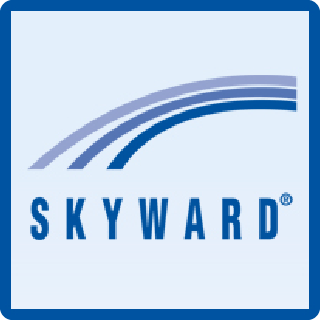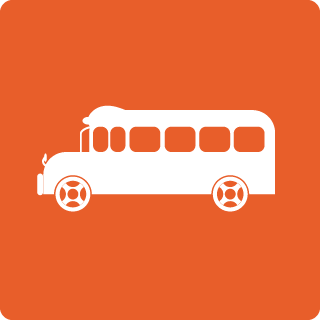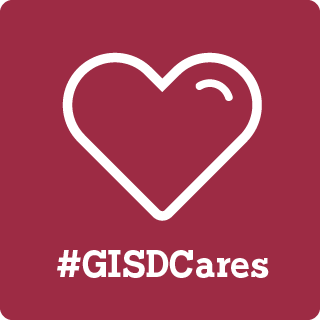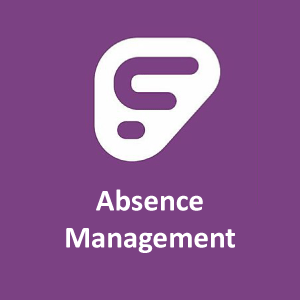


Related Services, Training and Support
Learn about supplementary services we provide to special education students.
Related and support services are available for those students who meet special education eligibility requirements. These services may be required to help a child with a disability to benefit from special education.
If the need for a related service is suspected, the evaluation must be planned in an ARD. Related services include transportation and such developmental, corrective, and other support services as are required to assist a child with a disability to benefit from special education.
Services
Expand AllAssistive technology
When the ARD/IEP committee needs to determine if a student needs a specialized communication device to benefit from the special education services, the ARD/IEP committee can request an evaluation from the Assistive Technology Team. The communication device may be needed to support oral or written communication and may include instructional software.
Assistive technology as a related service is when a member of the Assistive Technology Team (A-Team) integrates objectives into existing goals/objectives and an ARD/IEP committee agrees to provide direct services by an Assistive Technology Team member.
Assistive technology as a supplementary aide and/or service is when a student has been determined to be in need of some type of assistive technology based upon the assessment. This recommended technology can be made by any number of sources such as the diagnostician, vision teacher, teacher, speech-language pathologist, OT/PT, deaf educator, or Assistive Technology Team member. The student uses the technology without direct services by the provider although periodic consultative services may be recommended.
Audiology
Audiology services available in Garland ISD include conducting comprehensive diagnostic audiological evaluations, identifying hearing loss through the district-wide state-mandated hearing screenings on each GISD campus, and making appropriate medical, educational, and community referrals for our hearing-impaired students.
GISD audiologists assist in program placement and recommendations for hearing impaired students as a member of the educational team. They recommend amplification devices such as personal hearing aids, providing and monitoring of FM listening systems and other assistive listening devices. The audiologists are responsible for training on hearing conservation and hearing impairments to school personnel, students, and parents.
In–Home training
In-Home or community training assists students with the generalization of skills to the home and/or community settings. Initially, the Home Trainer will be primarily responsible for the implementation of the generalization activities. As generalization occurs, training should shift from the trainer to the parent for the maintenance of target skills/behaviors. Focus for In-Home Training is on the needs of the child.
See our upcoming training sessions on our parent workshops calendar.
Occupational therapy/Physical therapy
Educationally based occupational and/or physical therapy is provided, as a related service, to enhance the special education student's ability to adapt to and physically function within an educational environment.
The role of the occupational and/or physical therapist is to facilitate a student's functioning in the school setting. The goal of educationally relevant therapy is to minimize the effects of the student's disability on his or her ability to participate in the educational process.
The OT/PT therapist observes the student's functional skills and offers compensatory strategies to promote functional independence within the individualized educational program (IEP). In the school setting, educational objectives hold a primary position while therapy objectives are considered secondary and are undertaken to support the educational objectives. Services are generally consultative in nature with the implementation of the therapist's recommendations by the teacher, assistant, or parent.
OT and/or PT services will be provided in the least restrictive environment (LRE), which generally means the classroom. By providing services in the classroom the therapist offers strategies needed for the student's daily activities with active teacher/assistant involvement. These strategies may include handling techniques, classroom modifications, and/or adaptive equipment.
Psychological services
The primary functions of the Licensed Specialist in School Psychology (LSSP) include conducting comprehensive psychological assessments of students referred for special education services; participating in the development of IEPs; consulting with teachers and parents; and staff training in managing students with special needs and students with learning and behavioral difficulties.
Transportation
Transporation for Special Education students is available for students who need this as a related service according to the ARD. In order to receive transportation as a related service, the ARD/IEP committee shall document eligibility and need. Eligibility for special transportation must be re-established at every annual ARD and each time a student changes residence or campus.
In compliance with federal regulations, GISD ensures that each educational placement of a student with disabilities is on a campus as close as possible to the student's home with available space in the appropriate program.
If the parent of a transportation eligible student decides to enroll the student on a campus other than the placement campus designated by the ARD/IEP committee, the parent may waive transportation as a related service and provide their own transportation to and from school for their child, if there is available space.
Community-based training
In-Home/Community Based Training helps students with the generalization of skills to the home, school and community settings. The focus for In-Home Training is on the needs of the child.
Parent/Family training
The purpose of parent support is to provide parents with the necessary skills and techniques to assist their child with ongoing development and maintenance of skills and behaviors.
Parent Education and Training workshops
Monthly parent education and training workshops are offered to support families of all ages with special needs on a variety of topics including behavior, communication, self-help skills, social skills and much more.
See the parent workshop calendar for upcoming sessions.










